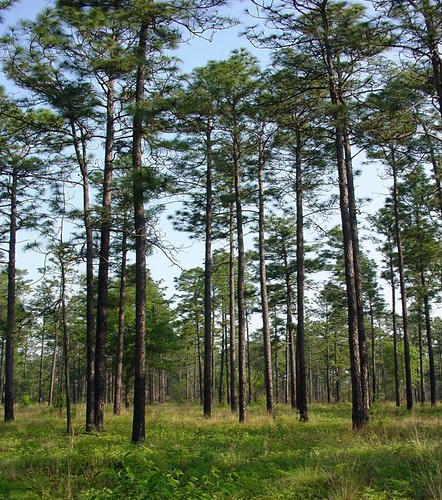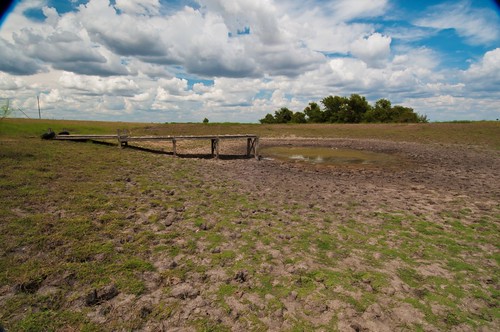
All this month we will be taking a look at what a changing climate means to Agriculture. The ten regional USDA Climate Hubs were established to synthesize and translate climate science and research into easily understood products and tools that land managers can use to make climate-informed decisions. The Hubs work at the regional level with an extensive network of trusted USDA agency partners, technical service providers, University collaborators, and private sector advisers to ensure they have the information they need to respond to producers that are dealing with the effects of a variable climate. USDA's Climate Hubs are part of our broad commitment to developing the next generation of climate solutions, so that our agricultural leaders have the modern technologies and tools they need to adapt and succeed in the face of a changing climate.
If you’re a farmer, rancher or working land manager in the southeastern United States, the USDA Southeast Regional Climate Hub (SERCH) can be a valuable resource in delivering timely and applicable climate information and tools. Located in Raleigh, North Carolina, on the campus of North Carolina State University, SERCH is led by the Forest Service. The mission is to increase the resilience of working lands – agriculture, forest, and grazing lands – to climate change and variability through adaptive management. SERCH assesses the vulnerability of key southeastern resources to climate changes; connects with Land Grant Universities, extension professionals, and other technical assistance providers to understand the needs of southeastern land managers; develops new or amends existing tools to support the emerging climate needs of land managers; and delivers climate-smart information through established networks.
One of these science-based, adaptive management tools is SERCH LIGHTS, an email subscriber alert service that provides relevant climate variability and change information. The products are spread across a variety of websites and manually monitoring them for updates is a time-consuming task. SERCH LIGHTS streamlines and organizes these datasets making it available to anyone in the lower 48 states. For example, the SERCH LIGHTS drought alert goes out to subscribers only when drought conditions are forecast to change in the coming month for their location. The email alert also includes a summary of the change along with links to tools and resources that land managers can use to respond and mitigate potential impacts.

SERCH scientists and data analysts are developing new SERCH LIGHTS alerts focused on climate threats such as agricultural and forest pests, heat stress on livestock, and El Niño impacts on seasonal precipitation and temperature. SERCH is prioritizing the most important topics and working to find the spatial and time scales that will be most useful for informing adaptive management responses, and we want your input in this process. This short feedback form includes a few questions about which threats would be most useful in your work, as well as an opportunity to suggest additional climate threats. If you want to receive SERCH LIGHTS email alerts for any of these climate-related threats, the form has an option to subscribe as well.
Your input ensures that our Climate Hub tools address important questions and concerns of working land managers in a useful, timely way – just like the tagline says, SERCH LIGHTS: the right information, in the right place, at the right time!
For more information, contact SERCH Director Steve McNulty at smcnulty@fs.fed.us or 919-515-9489.

